Shining a Light on Low Level Laser Therapy
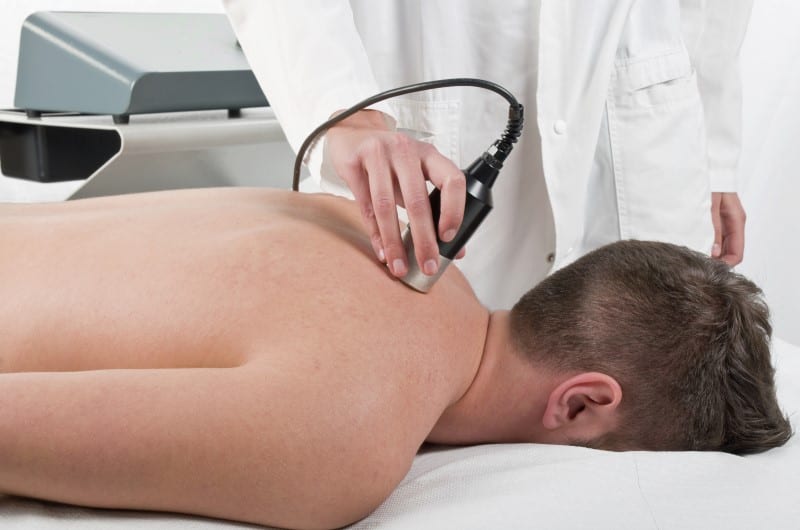 Low Level Laser Therapy (LLLT) is a treatment that can speed up certain healing processes by using specific wavelengths of light to interact with tissue. It has been effective in treating a variety of chronic and acute conditions in order to enhance functionality and to reduce pain, swelling and spasms. Some conditions that respond particularly well to LLLT include:
Low Level Laser Therapy (LLLT) is a treatment that can speed up certain healing processes by using specific wavelengths of light to interact with tissue. It has been effective in treating a variety of chronic and acute conditions in order to enhance functionality and to reduce pain, swelling and spasms. Some conditions that respond particularly well to LLLT include:
- Sports Injuries
- Plantar Fasciitis (Heel Pain)
- Epicondylitis (Tennis Elbow)
- Achilles Tendonitis
- Acute & Chronic Back Pain
- Adhesive Capsulitis (Frozen Shoulder)
- Rheumatoid & Osteo-Arthritis
- Chronic Oedema (Swelling & Fluid Retention)
- Fracture Healing
- Headaches & Migraines (including TMJ Dysfunction)
I advise my patients that LLLT can stimulate certain cell types including muscle, ligament, cartilage and nerves; therefore a thorough evaluation of each patient’s case should be conducted to assess the correct form of treatment.
Interesting Note: The light used in LLLT has the ability to penetrate 2 to 5 centimetres below the skin!
So what happens during LLLT treatment?
During treatment, the laser (which is about the size of a torch) is placed directly over the injured area for about 30 seconds to several minutes (the exact time depends on the size of the area being treated and the severity of the injury). As a painless and extremely safe process, the light passes through the layers of skin and interacts with the light sensitive areas of the mitochondrial and fibroblast cells. Once the cells have absorbed this light energy, a series of events initiate, which create a healing process to the injured or damaged tissue. The desired result is a reduced level of pain, swelling and inflammation and an accelerated healing process.
Depending on your type of condition and its severity, you may be offered LLLT on a weekly or twice-weekly basis where the frequency of your treatment will decrease as your condition improves.
Find out more about: Low Level Laser Therapy.

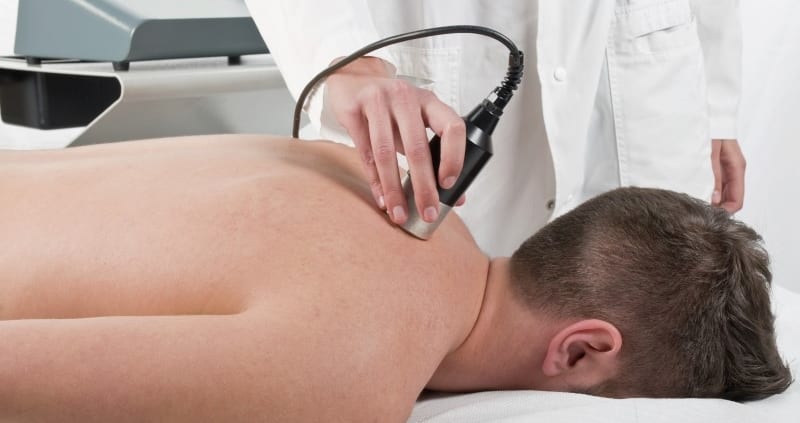
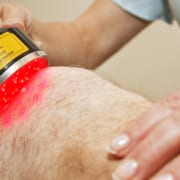
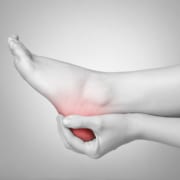
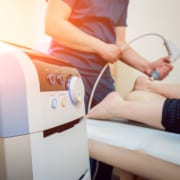


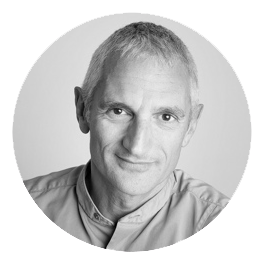
Leave a Reply
Want to join the discussion?Feel free to contribute!